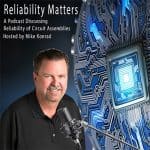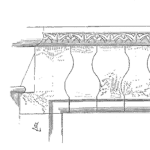
Why We Use Statistics
podcast episode with speaker Fred Schenkelberg
You may fondly, or most likely not fondly, remember your undergraduate course on probability and statistics. The calculations of various winning hands with card games were interesting and connected to the early ‘invention’ of probability and statistical methods. Yet, the jar with colored beads was rather boring. [Read more…]














 Ask a question or send along a comment.
Please login to view and use the contact form.
Ask a question or send along a comment.
Please login to view and use the contact form.